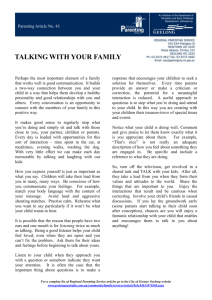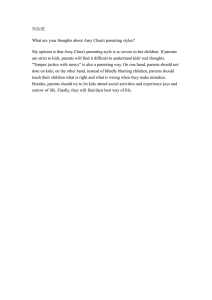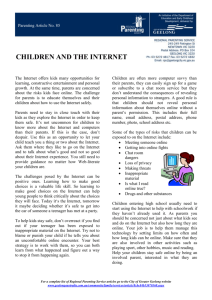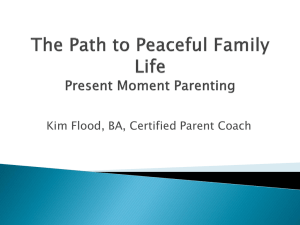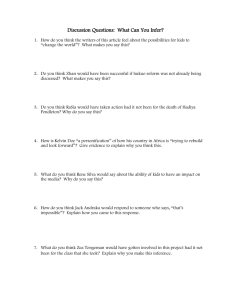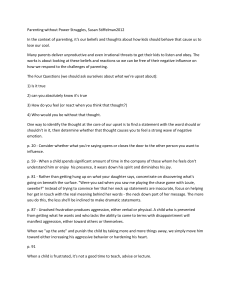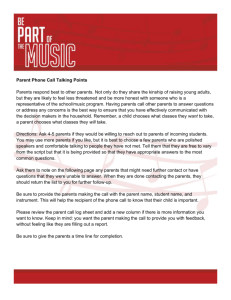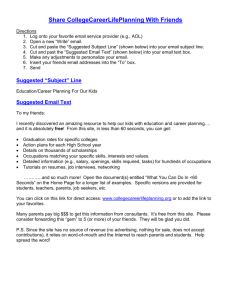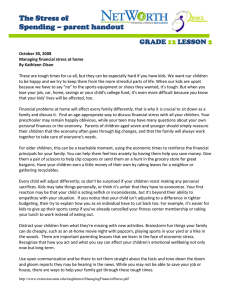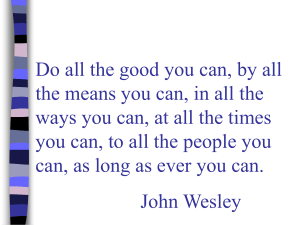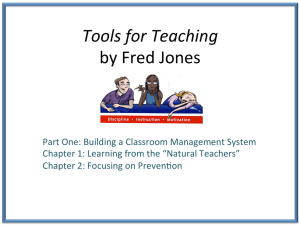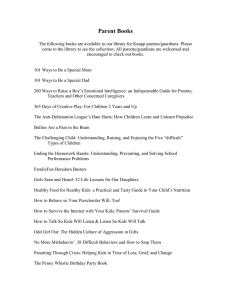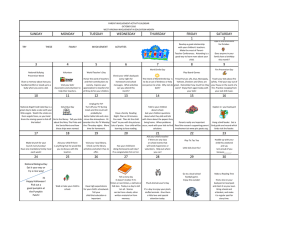33 Large scale tradegy as a parent
advertisement
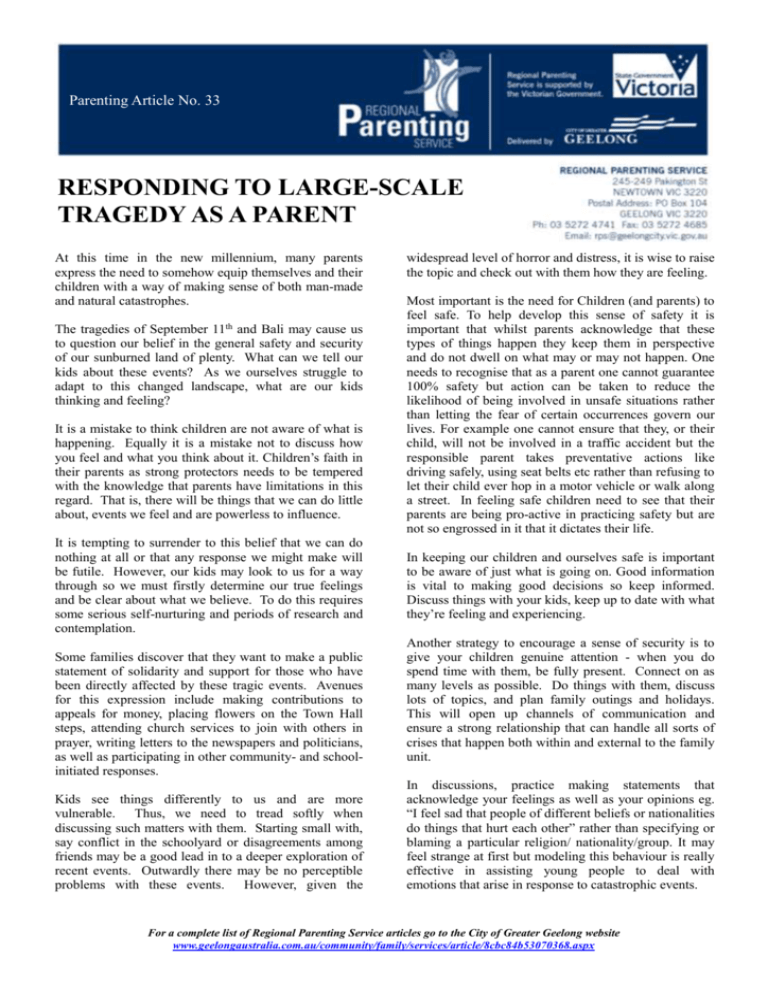
Parenting Article No. 33 RESPONDING TO LARGE-SCALE TRAGEDY AS A PARENT At this time in the new millennium, many parents express the need to somehow equip themselves and their children with a way of making sense of both man-made and natural catastrophes. The tragedies of September 11th and Bali may cause us to question our belief in the general safety and security of our sunburned land of plenty. What can we tell our kids about these events? As we ourselves struggle to adapt to this changed landscape, what are our kids thinking and feeling? It is a mistake to think children are not aware of what is happening. Equally it is a mistake not to discuss how you feel and what you think about it. Children’s faith in their parents as strong protectors needs to be tempered with the knowledge that parents have limitations in this regard. That is, there will be things that we can do little about, events we feel and are powerless to influence. It is tempting to surrender to this belief that we can do nothing at all or that any response we might make will be futile. However, our kids may look to us for a way through so we must firstly determine our true feelings and be clear about what we believe. To do this requires some serious self-nurturing and periods of research and contemplation. Some families discover that they want to make a public statement of solidarity and support for those who have been directly affected by these tragic events. Avenues for this expression include making contributions to appeals for money, placing flowers on the Town Hall steps, attending church services to join with others in prayer, writing letters to the newspapers and politicians, as well as participating in other community- and schoolinitiated responses. Kids see things differently to us and are more vulnerable. Thus, we need to tread softly when discussing such matters with them. Starting small with, say conflict in the schoolyard or disagreements among friends may be a good lead in to a deeper exploration of recent events. Outwardly there may be no perceptible problems with these events. However, given the widespread level of horror and distress, it is wise to raise the topic and check out with them how they are feeling. Most important is the need for Children (and parents) to feel safe. To help develop this sense of safety it is important that whilst parents acknowledge that these types of things happen they keep them in perspective and do not dwell on what may or may not happen. One needs to recognise that as a parent one cannot guarantee 100% safety but action can be taken to reduce the likelihood of being involved in unsafe situations rather than letting the fear of certain occurrences govern our lives. For example one cannot ensure that they, or their child, will not be involved in a traffic accident but the responsible parent takes preventative actions like driving safely, using seat belts etc rather than refusing to let their child ever hop in a motor vehicle or walk along a street. In feeling safe children need to see that their parents are being pro-active in practicing safety but are not so engrossed in it that it dictates their life. In keeping our children and ourselves safe is important to be aware of just what is going on. Good information is vital to making good decisions so keep informed. Discuss things with your kids, keep up to date with what they’re feeling and experiencing. Another strategy to encourage a sense of security is to give your children genuine attention - when you do spend time with them, be fully present. Connect on as many levels as possible. Do things with them, discuss lots of topics, and plan family outings and holidays. This will open up channels of communication and ensure a strong relationship that can handle all sorts of crises that happen both within and external to the family unit. In discussions, practice making statements that acknowledge your feelings as well as your opinions eg. “I feel sad that people of different beliefs or nationalities do things that hurt each other” rather than specifying or blaming a particular religion/ nationality/group. It may feel strange at first but modeling this behaviour is really effective in assisting young people to deal with emotions that arise in response to catastrophic events. For a complete list of Regional Parenting Service articles go to the City of Greater Geelong website www.geelongaustralia.com.au/community/family/services/article/8cbc84b53070368.aspx
